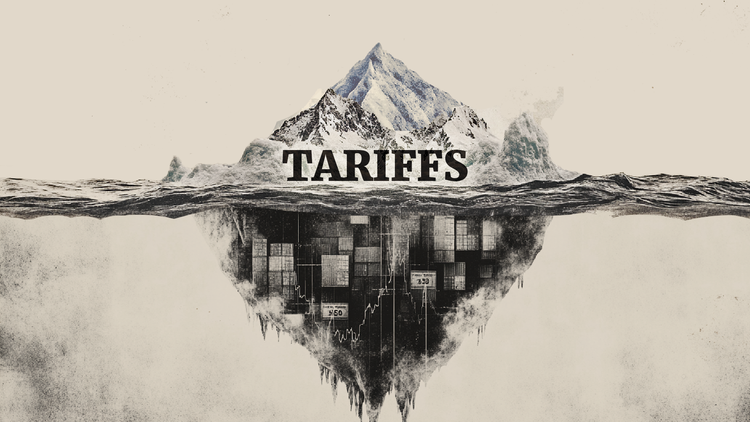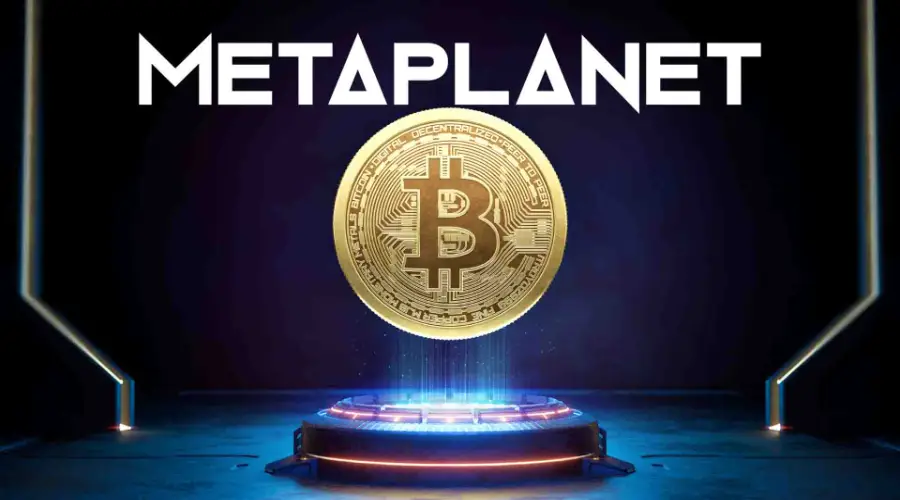More than 90 biologists and scientists specialized in artificial intelligence technologies (AI) used in the development of new proteins, that is, microscopic mechanisms that drive creations in biology, signed an agreement to ensure AI-aided research advances without exposing the world to serious harm.
According to a publication by the “New York Times” newspaper last year, Dario Amodei chief executive of Anthropic one of the main AI startups in the world, said new AI technology could soon help unskilled but evil people create large-scale biological attacks, including releasing viruses or toxic substances that cause widespread illness and death.
“As scientists involved in this work, we believe that the benefits of current AI technologies for protein design far outweigh the potential for harm, and we would like to ensure that our research continues to be ultimately beneficial to everyone.” document.
It is worth mentioning that the manifesto does not seek to suppress the development or distribution of AI technologies. Biologists seek to regulate the use of equipment necessary to manufacture new genetic materials.
The deal against the evils of artificial intelligence (AI)
The agreement is one of efforts to weigh the risks of AI against its benefits.
Some experts even warn about the risk of technology spreading misinformation, replacing jobs and causing the destruction of humanity.
Therefore, academic laboratories, regulatory bodies and legislators are struggling to understand the dynamics and find the right way to deal with the situation.
According to the vehicle, even stating that AI can help criminals, Amodei recognizes that this would not be possible today.
Recently, Anthropic conducted a study and pointed out that if someone were trying to acquire or design biological weapons, the LLMs (Great Language Model, in translation), were little more useful than a common internet search engine.
However, the fear is that as companies improve LLMs and combine them with other technologies, there could be a threat. The executive told Congress that there were between two and three years left for this to happen.
The OpenAI study
According to the publication, a survey by OpenAI from ChatGPT, also showed that LLMs were not that much more dangerous than search engines.
Aleksander Madry, a professor of computer science at the Massachusetts Institute of Technology and the head of preparation for OpenAI, said he hopes researchers will continue to improve the systems, but that he has not yet seen evidence for the creation of new biological weapons.
Currently, LLMs are created by analyzing huge amounts of digital text obtained via the internet, meaning they release or recombine what exists online, including information about biological attacks.
But in the effort to accelerate the development of new drugs, vaccines and other useful biological materials, researchers are beginning to build similar AI systems that can generate new protein designs.
Biologists claim that such technology could help to design biological weapons, however, they reinforce that effective construction would require multimillion-dollar laboratories, including DNA production equipment.
“There are some risks that don't require millions of dollars in infrastructure, but these risks have been around for a while and are not related to AI,” said Andrew White, co-founder of the nonprofit Future House and one of the biologists. who signed the agreement.
Biologists have called for the development of safety measures that would prevent DNA production equipment from being used with harmful materials, although it is unclear how such measures would work.
In addition, they also asked for security reviews of new models of AI systems before launching them.
“These technologies should not only be maintained by a small number of people or organizations,” said Rama Ranganathan, professor of biochemistry and molecular biology at the University of Chicago, who also signed the agreement.
“The community of scientists should be able to freely explore and contribute to them,” he added.
Source: CNN Brasil
Charles Grill is a tech-savvy writer with over 3 years of experience in the field. He writes on a variety of technology-related topics and has a strong focus on the latest advancements in the industry. He is connected with several online news websites and is currently contributing to a technology-focused platform.







